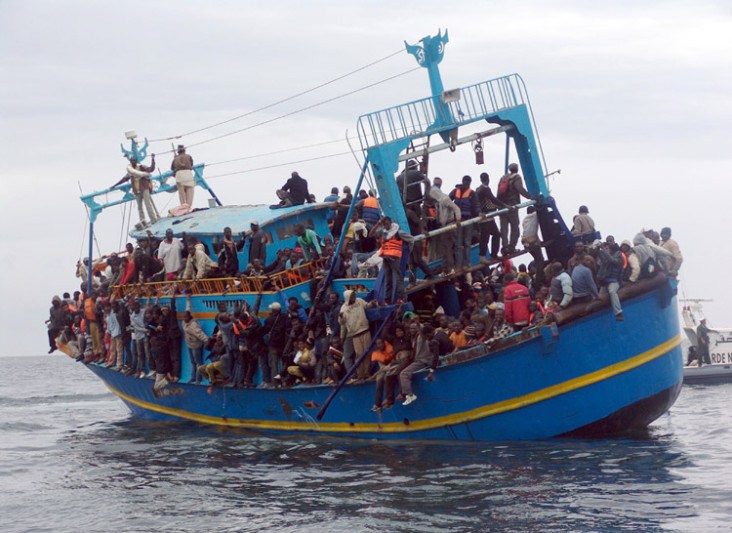
The rising cases of boat accidents on Nigerian waterways is a source of concern. So many people have lost their lives in boat accidents which have become so rampant that hardly a fortnight passes without a boat mishap being reported.
Recently, no fewer than 19 children drowned in a boat mishap in Lafiagi, Edu Local Government Area of Kwara State. The boat, which was conveying about 22 people, mostly children, capsized while crossing the river.
On October 12, five students of Victory International School, Angwan Yelwa, in Chikun Local Government Area of Kaduna State perished when their boat capsized while trying to cross from the side of the Kaduna State Water Pump Station to the opposite end. The mishap was attributed to overloading.
On October 11, another boat mishap in Lagos claimed one life while 19 others were rescued with various degrees of injuries. The boat, which capsized at the Oworonshoki end of the Third Mainland Bridge, was said to be travelling from Ikorodu to CMS.
Again on September 17, all 50 passengers perished in another boat mishap in Niger State. The accident was attributed to a heavy rainfall.
It is noteworthy that with increased patronage of water transport in the country, there has been a corresponding rise in fatal accidents on the country’s waterways. Official records indicate that 22 out of the 36 states in the country use water as a means of transport. Nigeria has the second largest waterways in Africa with 8,600 kilometres of inland waterways and an extensive coastland of about 852 kilometres.
In all these unfortunate incidents, one key element is the human factor. The general manager, Corporate Services, National Inland Waterways Authority (NIWA), Tayo Fadile, attributed most of the boat mishaps to carelessness on the part of boat owners. He remarked that some of the boats were over 20 years old and the owners had refused to overhaul or replace them.
Statistics have shown that overloading, careless driving, negligence, turbulent weather and wreckage have sustained the ugly trend. Also, boat operators’ materialistic appetite, especially during festive seasons and peak periods, operator’s inexperience and inattention, passenger behaviour, weather and equipment failure are some of the causes of boat accidents in Nigeria.
In some instances, there are not enough life jackets aboard overcrowded vessels. That may be one of the reasons some passengers do not wear life jackets while on board. Therefore, the Association of Ferry Operators must be aware that most accidents are caused by a combination of the factors listed, and addressing one while ignoring others will not solve the problem.
The transportation authorities in the three tiers of government nationwide, especially in the riverine areas, should get serious about water transportation by making it mandatory for all the ferry operators to always comply with all the rules and regulations that guide the subsector.
All the boats that operate on the waterways need to be examined to determine those that ought to be phased out. There should also be regular training for boat operators. There is the need to certify them; it should no longer be an all comer’s affair where anybody can just come in and start operating boat ferry business. There should be annual inspection of their vehicles and revalidation of their certification during which they should undergo rigorous screening.
We also urge the regulatory authorities to be alive to their responsibilities. They should always be at various jetties to check the operators: to ensure that all passengers wear their life jackets; that boats are in good shape; that weather forecasts are taken into consideration before the journey; that the law prohibiting alcohol intake by the boat drivers is observed. The law says no alcohol 12 hours before a journey; the regulators should be there to test the operators before take-off and at the end of the journey to ensure they did not drink enroute.
Furthermore, since many of the mishaps are due to overloading, regulators must inspect the boats to ensure that operators do not take more passengers and load that the carrying capacity of the vehicles in their quest to make more money
We also enjoin the authorities to identify boat wrecks and other obstacles and find a way to remove them from the waterways.
These measures, in our opinion, will help in cutting out avoidable boat mishaps in the country.
END

Be the first to comment